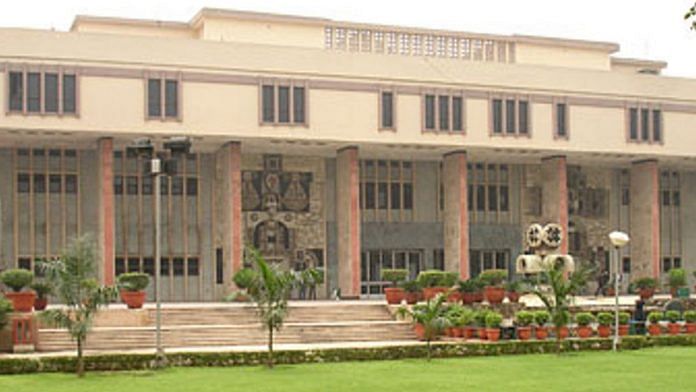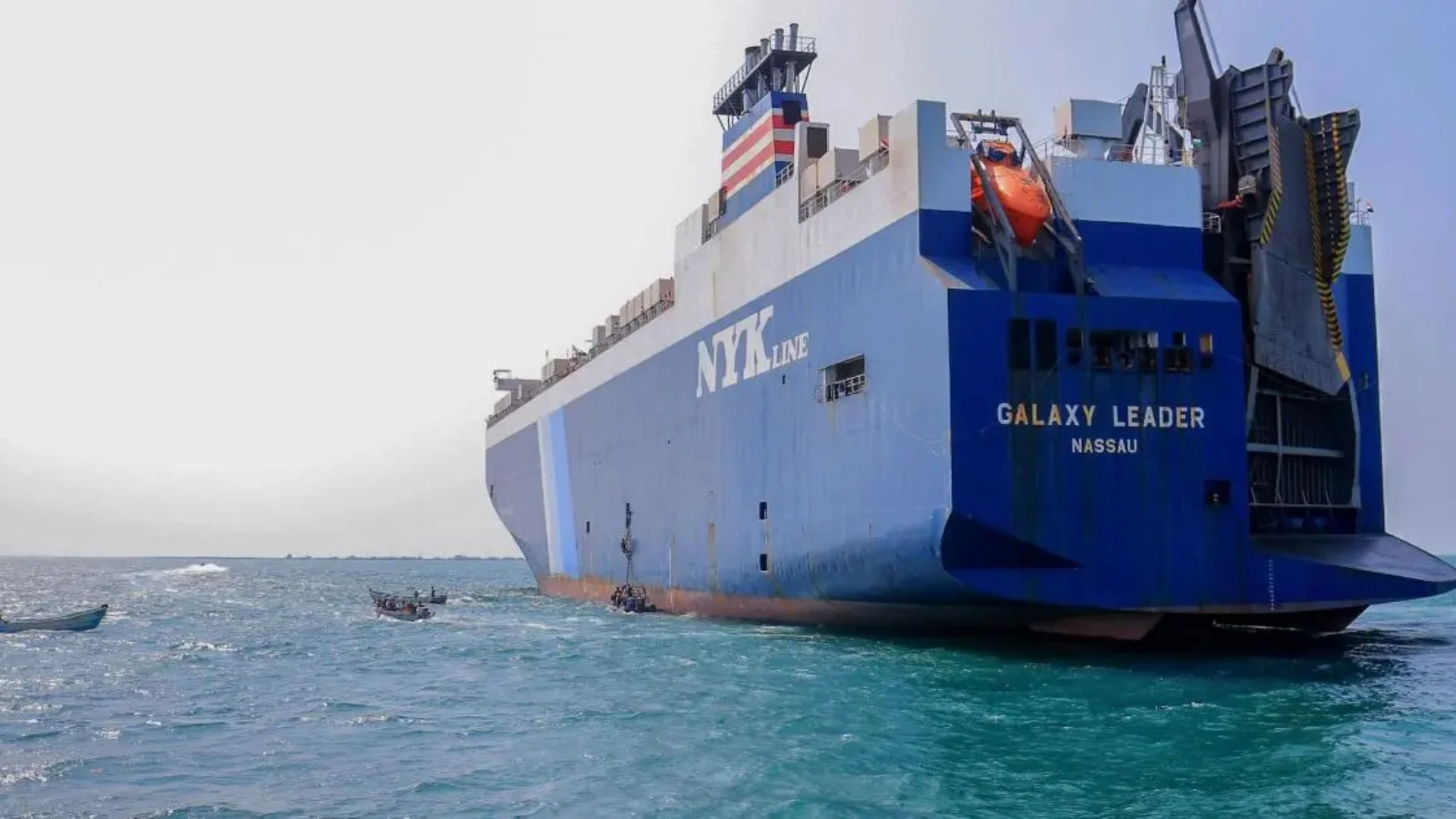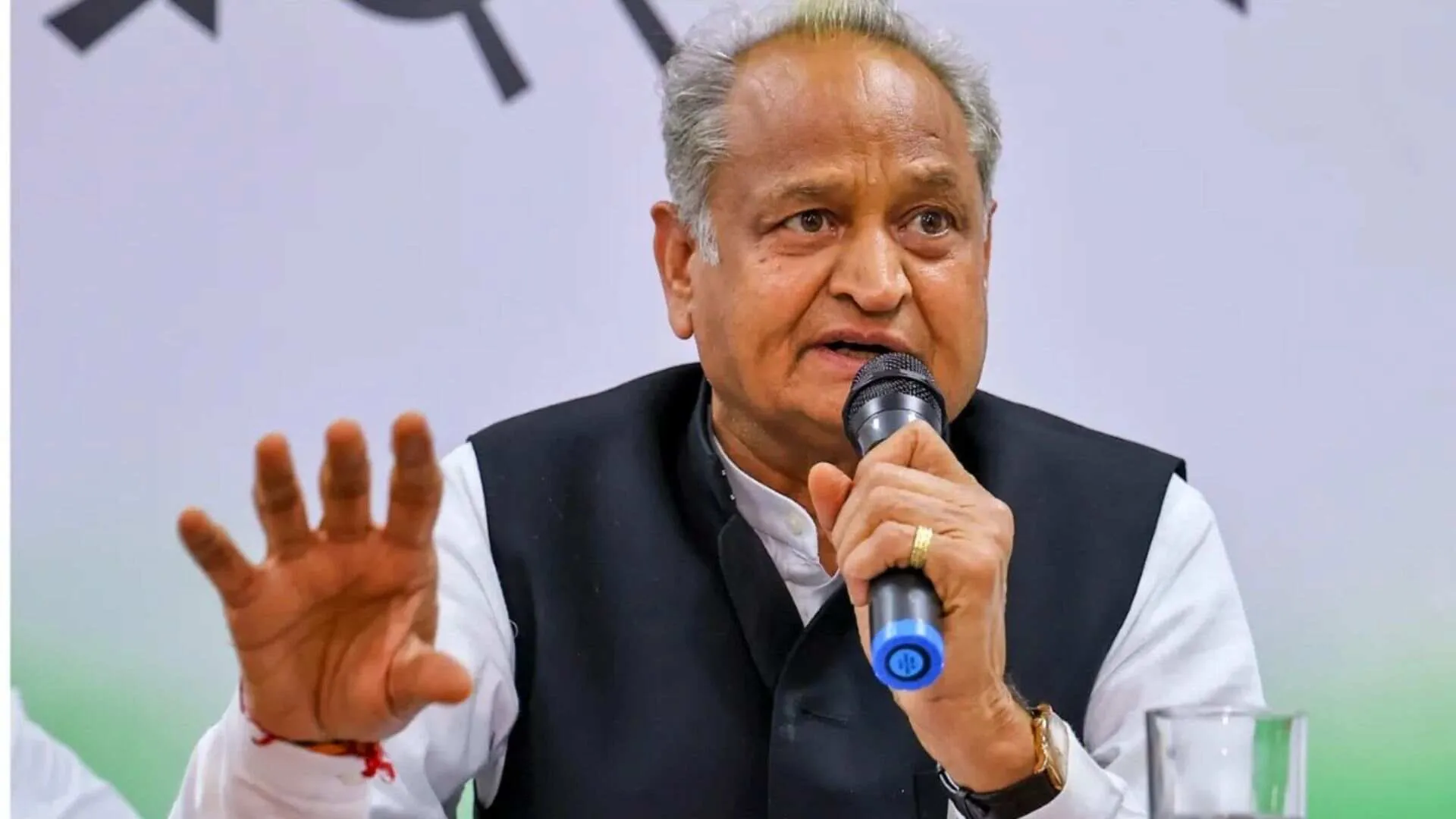The Delhi government informed the High Court on Monday that a notification has already been issued, empowering officers to compound traffic violation offenses on the spot.
Additionally, all documents available on the Centre’s DigiLocker application are being considered as valid by the authorities.
The Delhi government also stated that any challan issued by the enforcement branch of the transport department can be settled online, and the penalty amount can be paid through payment gateways, including debit cards.
These submissions were made before a bench of Chief Justice Satish Chandra Sharma and Justice Sanjeev Narula in response to a Public Interest Litigation (PIL) seeking directions to empower officers for on-the-spot compounding of traffic violation offenses.
Compounding offenses refer to violations for which the offender can pay the fine immediately, avoiding the need to appear in court. After states notify designated officials, individuals can pay fines directly to these officials.
The petition, filed by advocate Amit Sahni, highlighted that following the September 2019 amendment to the Motor Vehicle (MV) Act, people faced difficulties in compounding challans for traffic violations. This was because offenders couldn’t pay penalties on the spot and had to approach the court or make online payments on the virtual court (traffic) website.
This situation led to an overburdening of the courts and caused inconvenience to the public, who had to revisit circle offices to retrieve impounded documents even after settling challans in the virtual court (traffic).
In response, the Delhi government stated that a notification under Section 200 of the MV Act had already been issued on March 13, 2020, by order and on behalf of the Lieutenant Governor of NCT of Delhi.
Acknowledging the government’s response, the bench deemed further orders unnecessary and disposed of the petition.
The government also clarified that documents available on DigiLocker, m-Parivahan, or other government websites are recognized as valid by the enforcement branch of the transport department. This submission addressed the allegation in the petition that the Union Ministry of Road Transport and Highways had directed the digital locking of documents in VAHAN (RC Database) and SARATHI (DL Database), instead of physical seizure by the police. The plea claimed that these directions were not followed.
The petition also emphasized that with the Motor Vehicle (Amendment) Act, 2019 in effect, penalties for traffic violations had significantly increased. However, the Delhi government’s transport department had not yet notified authorized officers and the compounding fee.
The petition additionally noted that the Virtual Court (Traffic) portal, www.vcourts.gov.in, did not accept traffic challan payments above Rs 2,000 through debit cards. Payment had to be made using credit cards or online banking.
The plea pointed out that auto drivers and individuals from economically disadvantaged backgrounds, who lack credit cards or online banking accounts, were unable to pay challans on the virtual court (traffic). This was due to merchant discount rates (MDR), which were not clarified by the Delhi government in cases where payments exceeded Rs 2,000.
The plea requested urgent directions on this matter, highlighting that MDR charges were being deducted from violators’ credit cards.
The amended Act introduced penalties of Rs 10,000 for not yielding to emergency vehicles, and fines ranging from Rs 1,000 to Rs 2,000 for overspeeding. The penalty for dangerous driving was raised to Rs 5,000 from Rs 1,000, and drunken driving under the new law attracted a fine of Rs 10,000. Driving without insurance incurred a Rs 2,000 fine, while not wearing a helmet resulted in a Rs 1,000 penalty. The fine for lacking a valid pollution under control (PUC) certificate could potentially increase to Rs 10,000.

















